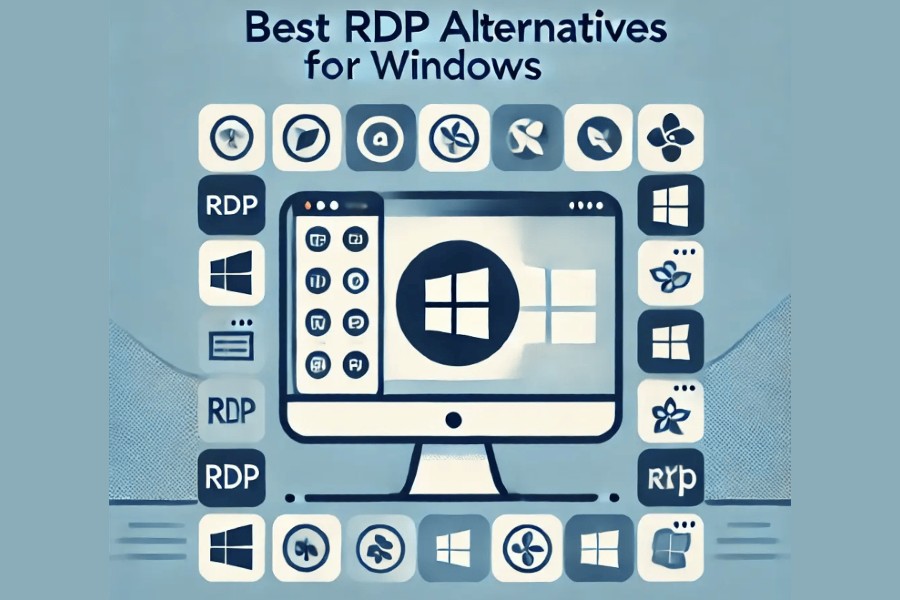 Department of Consumer and Worker Protection (DCWP) Acting Commissioner Sandra Abeles today announced a research brief illustrating the updated number of unbanked households in NYC.
Department of Consumer and Worker Protection (DCWP) Acting Commissioner Sandra Abeles today announced a research brief illustrating the updated number of unbanked households in NYC.
Detailing demographic information about the unbanked population, and highlighting systemic barriers to banking access.
The brief shows that an estimated 301,700 NYC households (9.4 percent) have no bank account, which is slightly lower than previous years but still considerably higher than the national average of 5.4 percent.
The brief shows that an estimated 301,700 NYC households (9.4 percent) have no bank account, which is slightly lower than previous years but still considerably higher than the national average of 5.4 percent.
“Lack of access to banks online and in-person coupled with not being able to afford a bank account because of fees like overdraft are hindering far too many New Yorkers from getting banked,” said DCWP Acting Commissioner Sandra Abeles. “Over the past year, we have seen how vital a bank account is to financial stability. From paychecks to stimulus checks and now the advance Child Tax Credit payments, a bank account is key to getting access to those funds safely and quickly. We encourage New Yorkers to make an appointment at one of our Financial Empowerment Centers where a counselor can help you find the right account and work together towards achieving your financial goals.”
The research findings include:
- 301,700 NYC households (9.4 percent) are unbanked, with the Bronx having higher unbanked rates (2x greater) than the rest of the city.

- NYC’s unbanked households are highly concentrated in financially vulnerable neighborhoods. Residents of these neighborhoods are in poverty at higher rates; have higher rates of unemployment; are predominantly Black and/or Latino/a, and have a lower median household income compared to the city as a whole.
- Neighborhoods with the lowest access to brick-and-mortar bank branches have the highest rates of unbanked households.
- Neighborhoods with the highest share of households without internet access have the highest rates of unbanked households.
This brief is an update to the 2017 unbanked brief and uses data from a 2019 national survey, the most recent data available. DCWP updates this data biannually.
DCWP encourages anyone who needs help opening a bank account, reducing debt, strengthening their credit score, or more to make an appointment for free, one-on-one financial counseling in person or by phone with one of DCWP’s Financial Empowerment Centers.
To make an appointment, visit nyc.gov/TalkMoney or call 311. Families seeking information or needing help claiming the Child Tax Credit, which is worth up to $3600 per child and available as monthly payments in 2021, should visit nyc.gov/taxprep.
To make an appointment, visit nyc.gov/TalkMoney or call 311. Families seeking information or needing help claiming the Child Tax Credit, which is worth up to $3600 per child and available as monthly payments in 2021, should visit nyc.gov/taxprep.
Some families may need to file a tax return, which NYC Free Tax Prep can help with, or use an online portal to receive the credit.
NYC Department of Consumer and Worker Protection (DCWP) protects and enhances the daily economic lives of New Yorkers to create thriving communities.
DCWP licenses more than 59,000 businesses in more than 50 industries and enforces key consumer protection, licensing, and workplace laws that apply to countless more.
DCWP licenses more than 59,000 businesses in more than 50 industries and enforces key consumer protection, licensing, and workplace laws that apply to countless more.
By supporting businesses through equitable enforcement and access to resources and, by helping to resolve complaints, DCWP protects the marketplace from predatory practices and strives to create a culture of compliance.
Through its community outreach and the work of its offices of Financial Empowerment and Labor Policy & Standards, DCWP empowers consumers and working families by providing the tools and resources they need to be educated consumers and to achieve financial health and work-life balance.
DCWP also conducts research and advocates for public policy that furthers its work to support New York City’s communities.
For more information about DCWP and its work, call 311 or visit DCWP at nyc.gov/dcwp
Become a Harlem Insider!
By submitting this form, you are consenting to receive marketing emails from: . You can revoke your consent to receive emails at any time by using the SafeUnsubscribe® link, found at the bottom of every email. Emails are serviced by Constant Contact








